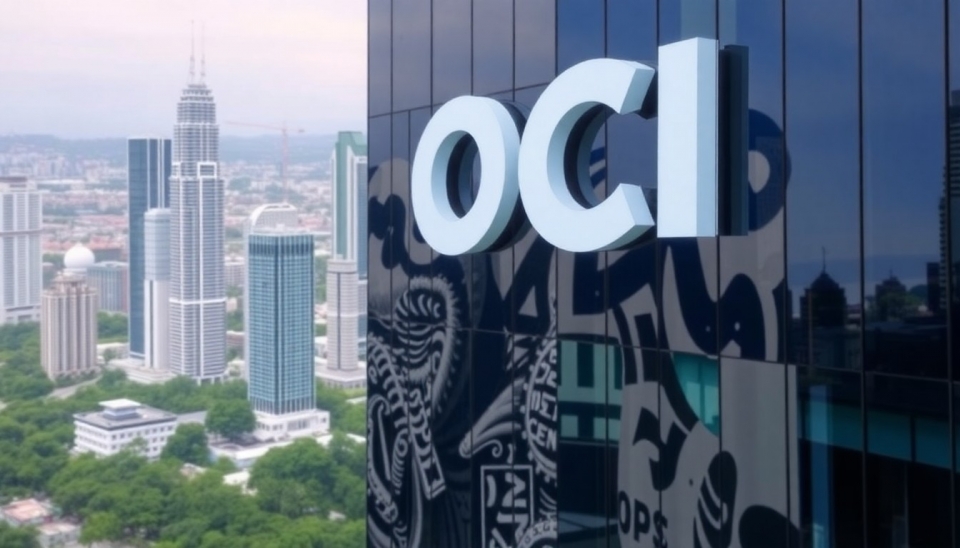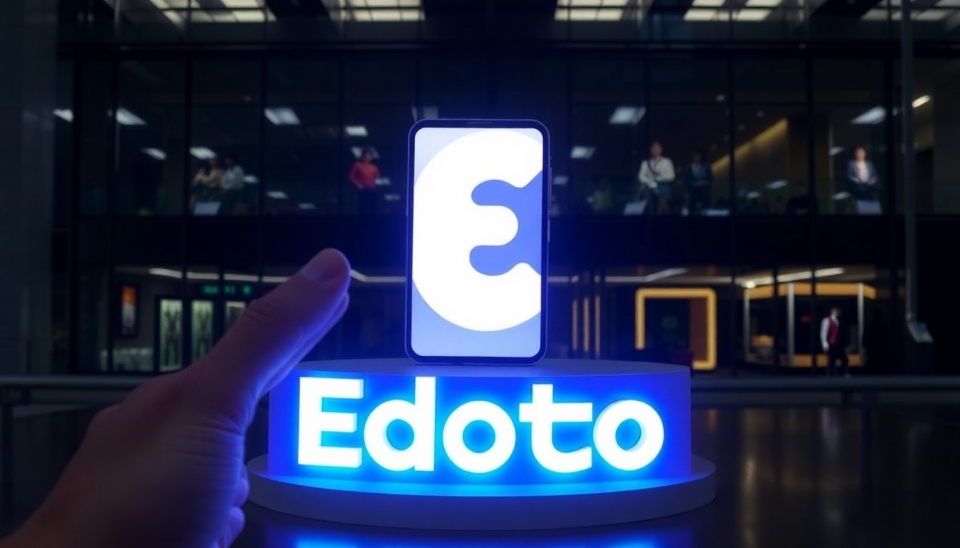
In a significant move signaling increased regulatory oversight, Malaysia's government is contemplating the necessity of a social media license for platforms, including LinkedIn. This potential requirement arises amidst growing concerns about data privacy, content regulation, and the overall impact of digital platforms on society.
The discussions regarding a licensing framework come on the heels of heightened scrutiny over how social media platforms operate and manage content on their systems. Malaysian officials have expressed the need for a structured approach to ensure that user data is adequately protected and that content disseminated through these channels adheres to national policies and values.
Experts highlight that such a licensing system could serve multiple purposes: it could hold platform operators accountable for the content shared on their sites, foster transparency in their operations, and protect citizens from harmful or misleading information. The licensing might also serve as a tool to regulate foreign entities operating in the country, ensuring they comply with local laws and cultural standards.
In recent years, Malaysia has experienced a surge in internet use, leading to an increase in the presence of social media within the daily lives of its citizens. While platforms like LinkedIn are invaluable for professional networking and job hunting, the potential for misuse and misinformation raises significant red flags. As such, the government’s evaluation of a licensing requirement may initiate a broader dialogue on the balance between free expression and responsible online behavior.
The proposed licensing system would not just apply to LinkedIn but could potentially encompass a myriad of platforms. By regulating a wide array of social media services, the government may be aiming to create a safer online environment, thereby instilling public confidence in digital communications.
Opponents of such regulations often argue that imposing restrictions or licensing on social media platforms could stifle free speech and innovation. Critics worry that additional bureaucratic layers could hinder Malaysia's growing digital economy and discourage foreign investment in the tech sector. In response, supporters of the measure advocate for a balanced approach, emphasizing that regulations should not suppress freedom of expression but rather enhance accountability and ethical usage of online spaces.
As the conversation around social media regulation continues to evolve, Malaysia joins a growing list of nations grappling with similar challenges. Countries around the world are exploring various frameworks and policies to manage the influence of social media on public discourse and individual rights. Malaysia’s approach, should it move forward, will be carefully watched as a potentially precedential case in balancing state oversight with digital freedom.
In conclusion, the Malaysian government's exploration of introducing a social media license reflects its acknowledgment of the challenges posed by the digital age. Whether this initiative will come to fruition remains to be seen, but it undoubtedly signals a pivotal moment in the intersection of technology, governance, and societal norms.
#Malaysia #LinkedIn #SocialMedia #DataPrivacy #Regulation #DigitalEconomy #FreeSpeech #Accountability #OnlineSafety #TechNews
Author: Emily Collins




